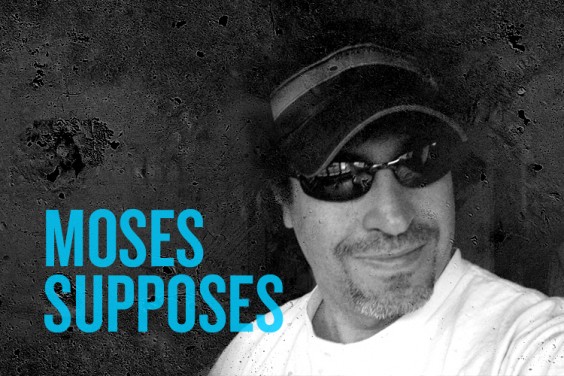This content appears in the iPad-exclusive edition of ALARM #39. Download it for free and keep reading!
Named after the historic home where its offices reside, Sargent House isn’t your ordinary music company. It’s a management company but also a record label — and houses a PR company (US/Them Group), a video-production site (Terroreyes TV), and, now, a licensing and music-supervision division (1656 Music).
Situated between Hollywood and downtown Los Angeles, Sargent House is all of these things, and its owner and founder, Cathy Pellow, isn’t your ordinary businessperson either. From her beginnings as a 20-year-old representing fashion photographers in New York, to her role as a film producer and talent-boutique owner, to creating a music-television show and commissioning videos for Island and Atlantic Records, Pellow holds an unusual pedigree for an indie-label head.






